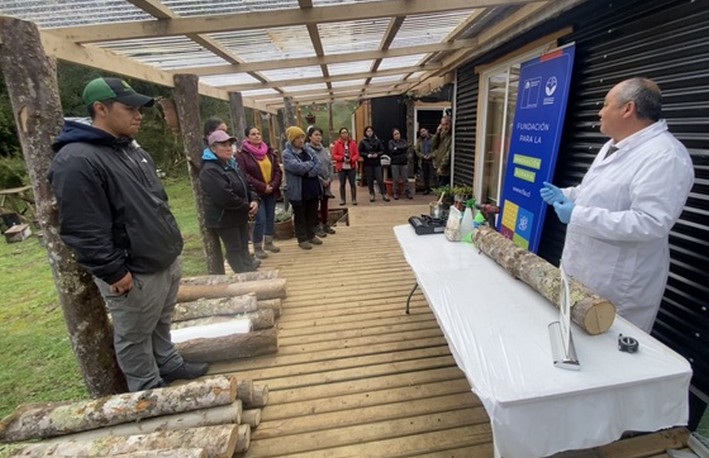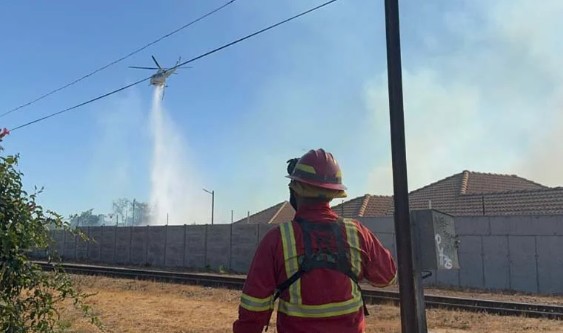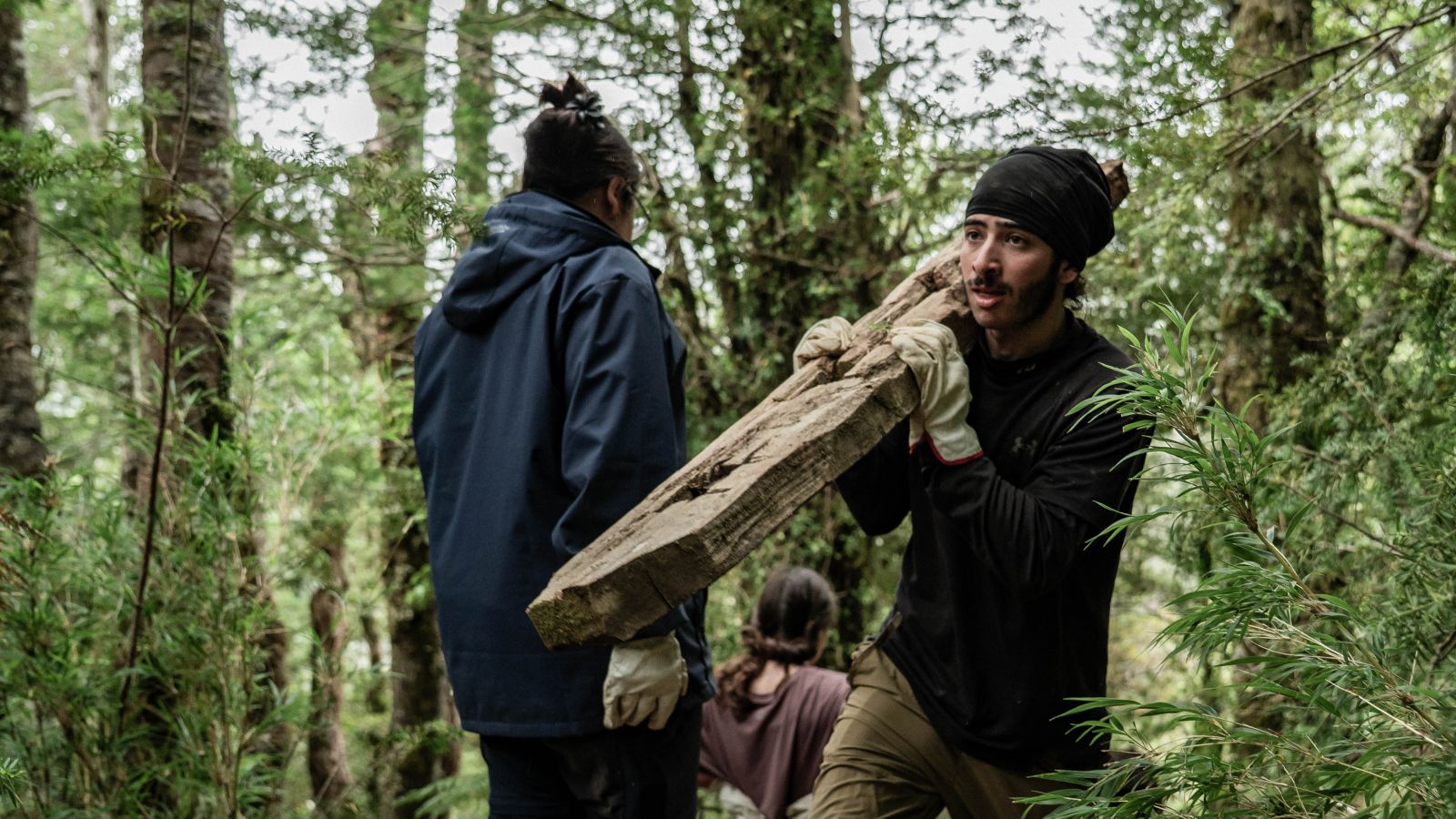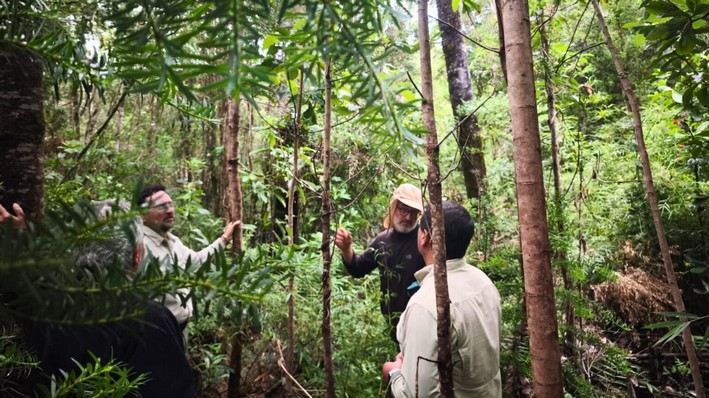The Forestry Institute (Infor), an agency under the Ministry of Agriculture, is leading an innovative initiative in the Aysén Region aimed at promoting mycosilviculture, a practice that combines forest management with the cultivation of edible mushrooms on tree logs.
The project, funded by the Foundation for Agrarian Innovation (FIA), continues the work of adopting innovations developed by INFOR to promote sustainable alternatives that strengthen the local economy and the responsible use of native forests.
Mushrooms, besides being high-value Non-Timber Forest Products (NTFPs), play essential roles in the biodiversity, productivity, and balance of ecosystems. Therefore, integrating their cultivation into forest management represents a unique opportunity to advance towards a more sustainable model with a territorial focus.
"It is very necessary to generate research with regional and productive perspectives on mycosilviculture techniques on logs to produce edible mushrooms, as current knowledge is still limited regarding the most suitable tree species and the varieties of mushrooms that can be cultivated. Our goal is to produce healthy food for society and new development opportunities for small-scale family farming," explained Jaime Salinas, a researcher at INFOR and the project leader.
The concept of mycosilviculture seeks to study the interactions between fungi and forest ecosystems to apply this knowledge in sustainable forest management. In this way, it promotes the production of edible and medicinal mushrooms while conserving the health and productivity of trees.
In the case of the Aysén Region, INFOR is developing demonstration units for mushroom cultivation on logs located in Mañihuales (Aysén commune) and in the Mirta Valley (Cisnes commune). These areas allow for the validation of techniques and monitoring of results, transferring practical knowledge to local producers, entrepreneurs, and gatherers.
"This initiative represents a non-timber management of native forests, aimed at favoring the natural production of wild edible mushrooms. It is a significant contribution both for those dedicated to gathering and seeking to apply good practices, and for those who wish to learn more about the ecology of mushrooms in our country," emphasized Iván Moya, regional manager of Infor Patagonia.
The Foundation for Agrarian Innovation (FIA) valued the collaborative approach of this work, which puts into practice knowledge accumulated over two decades of research.
"Infor has researched boldo, quillay, and now mushrooms with an applied innovation perspective. This type of project reflects the spirit of FIA's innovation adoption program: bringing validated knowledge to the territory and transforming it into real opportunities for small producers," highlighted a representative of FIA.
Through these actions, Infor strengthens its commitment to sustainable forest innovation, generating productive alternatives that promote the conservation of native forests and local economic development through environmentally friendly practices.







Comments (0)
No comments yet. Be the first to comment!
Leave a comment